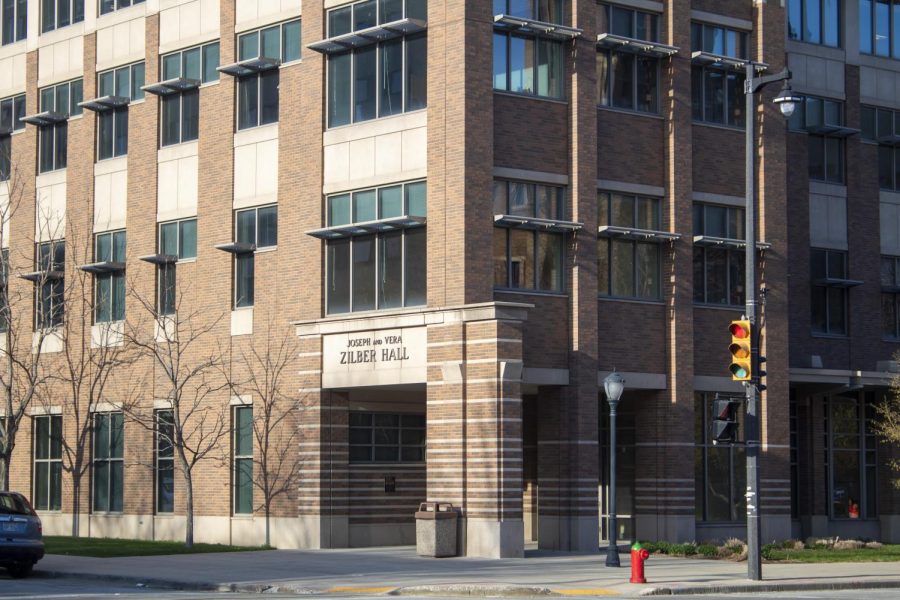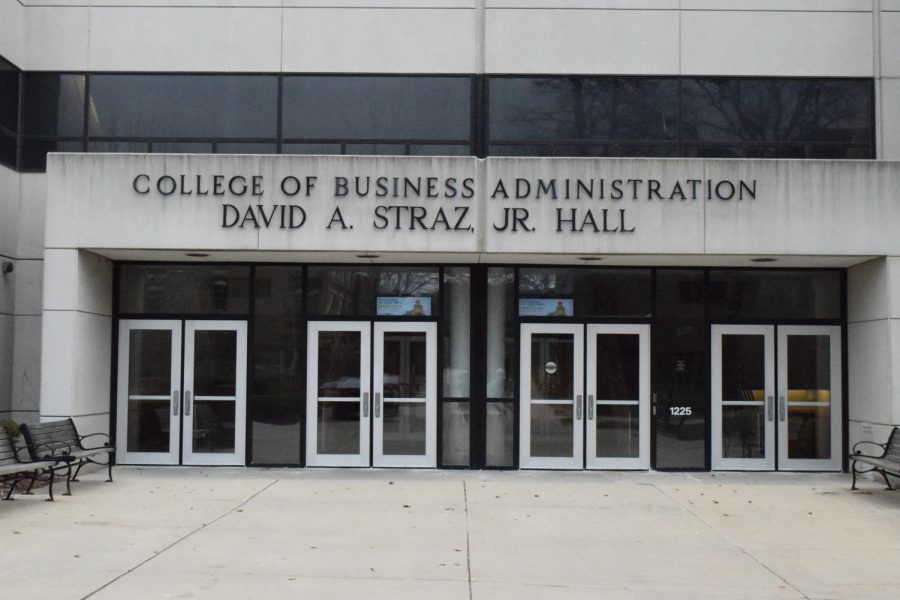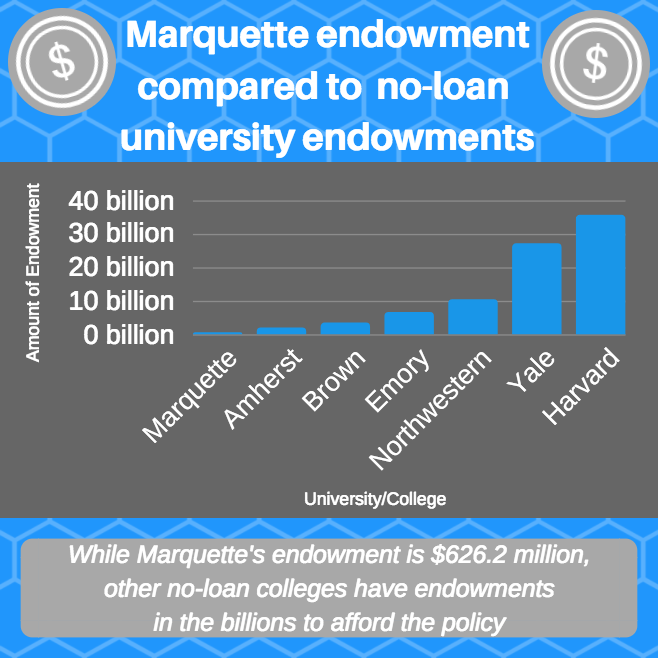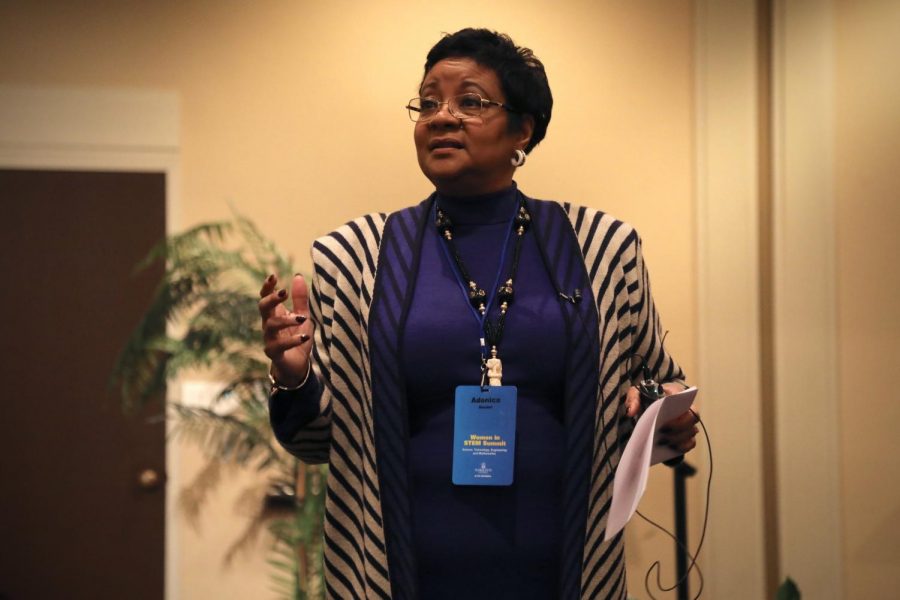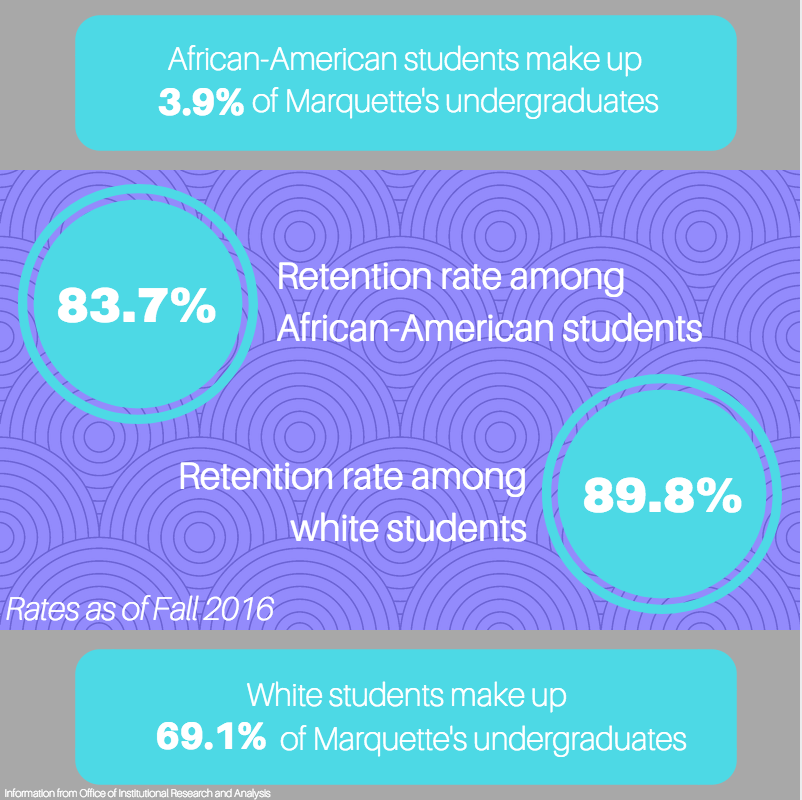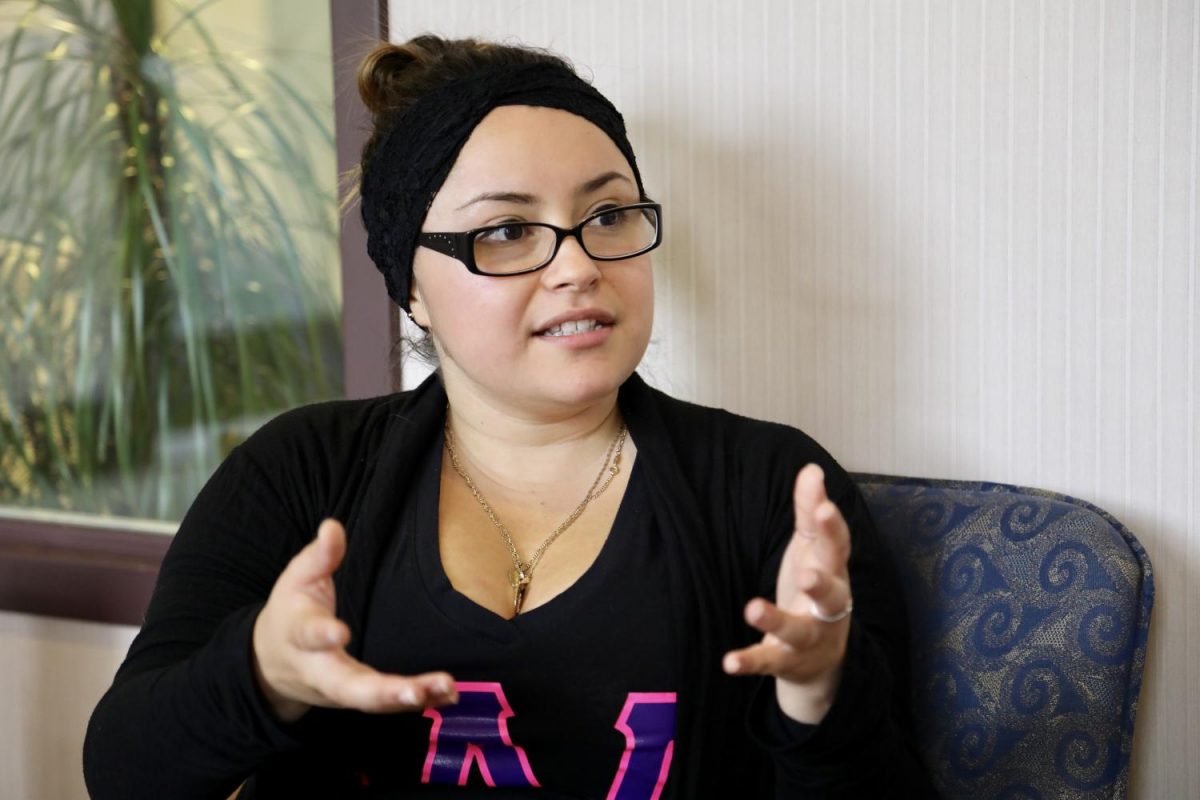Struggle. That’s the word Brandon Savage uses to describe his own encounter with student loan debt.
Savage attends the University of Wisconsin-Milwaukee before enrolling at Marquette for graduate school. He ultimately lands a position at the university as an adjunct instructor of political science.
To this day, Savage says he has tens of thousands of dollars of student debt.
“I’m approaching 40 years of age, and I sometimes wonder if I’ll be one of those statistics of people who carry their debts forever,” Savage says.
For many, this struggle is all too familiar.
In 2018, outstanding federal student loan debt across the country reaches a historic high: $1.41 trillion, according to data from the U.S. Department of Education. This grand total translates to an average of more than $35,000 per borrower and in the United States, borrowers number in the tens of millions.
Marquette alum and high school counselor in Lomira, Wisconsin, Deanna Weibye, says she’s lucky.
Weibye is part of a federal student loan forgiveness program that will void her remaining debt after five consecutive years of full-time employment at a public school.
Wiebye’s situation is especially remarkable considering approximately 99% of federal student loan forgiveness applicants are rejected as of December 2019, according to the Department of Education.
“Student loans are a stressful burden for anyone,” Weibye says. “I’m fortunate to be in a position where, within a few years, I’ll have no debt at all.”
Savage’s situation differs greatly from that of Weibye. He says as a young teenager, he was not aware the consequences of student loans would be so far-reaching.
“When you’re 18 or 19 years old, no one tells you the amount you borrow will be less than what you end up paying,” he says. “No one tells you interest is a factor.”
Interest, the percentage of money borrowed charged to a recipient of a loan, can have serious consequences over time.
For those in higher-paying professions out of college, Savage says, it’s far easier to begin payments toward student debt. For those in fields where lower, entry-level positions after graduation are inevitable, this isn’t the case. Savage admits he has had to defer payment for years until he was in a stable enough position financially, but all the while interest was accumulating, making the sum he owes larger and larger.
Some student loans allow for a six-month grace period after graduation during which no payments are required. This gives borrowers time to find necessary employment. But as of December 2019, according to data provided by the Federal Reserve Bank of New York, around 45% of recent graduates ages 21-24 are unemployed or possess a job which typically does not require a college degree, meaning such individuals do not necessarily need higher education to work in their current occupation.
That’s why Susan Teerink, director of Marquette’s Office of Financial Aid, says she recommends students acquire no more debt while pursuing an education than their estimated first year’s salary after graduation.
“I think sometimes students get their hearts set on attending a particular institution — so much so, they put themselves and/or their family in an uncomfortable situation financially,” she says. “It’s something (the financial aid office) sees quite often.”
Teerink says it is increasingly important for aspiring college students to consider the fiscal element when selecting a place of higher education, in addition to the academic and social factors.
Savage, conversely, believes the responsibility is on institutions and systems to make college more affordable.
“If a student wishes to go to a certain institution and they’re accepted, this student should have some greater ability to follow that dream,” Savage says.
Although the lofty price of a college education often prevents this from happening, according to a 2017 survey administered by EAB, formerly the Educational Advisory Board, a research firm that partners with K-12 and postsecondary institutions to develop educational programs and practices.
The survey, which questioned roughly 55,000 university students, found 40% of those who declined their first-choice option did so as the result of finance-related circumstances.
These findings come as higher education expenses continue a more than three-decade rise. Since 1988, average college tuition and fees have steadily increased, tripling among four-year public institutions and more than doubling among their private counterparts, according to the 2019 Trends in College Pricing report conducted by the College Board.
Marquette’s own Office of Institutional Research and Analysis reports the average annual tuition among undergraduate students at the university to have risen nearly $7000 in the past five years alone from $38,000 in the 2009-2010 academic year to $44,970 in the present 2019-2020 year.
This upward trend subsequently opens a nationwide discourse on the student debt crisis, with some public figures proposing to expand Pell grants, more accessible debt forgiveness programs and free tuition altogether. Pell grants are grants given by the federal government to undergraduate students with financial need to pay for college. They do not need to be paid back.
While these proposals are debated relentlessly, simply attending college has become controversial in its own right.
Savage says he’s personally grateful for his career and all the opportunities afforded to him by his education, though he acknowledges a college degree is not a modern necessity.
As of August 2019, the Bureau of Labor Statistics estimates there to be 7.6 million unfilled jobs within the U.S. economy with significant deficits in fields of skilled trades, such as plumbing, carpentry, welding and electrical work among others. These professions may require some level of technical education, paid on-the-job-experience, and certification but do not require a bachelor’s degree.
“Today there is a huge shortage of trade workers largely because of this emphasis on college education,” Savage says. “These are respectable careers that earn good, family paying wages … No one today should feel as if they have to get a four-year degree.”
Teerink, however, says those who receive a college education not only grow intellectually but as members of their respective communities as well.
“There are too many advantages to dissuade someone from a college education,” Teerink says. “They just need to find the place best fit for them.”
On a topic as contentious as the student debt crisis, there is not a clear consensus behind any one solution or stance, though Savage says one thing is certain: its impact is vast.
“Student debt is an issue that transcends race, ethnicity and political affiliation,” Savage says. “It affects everyone.”


